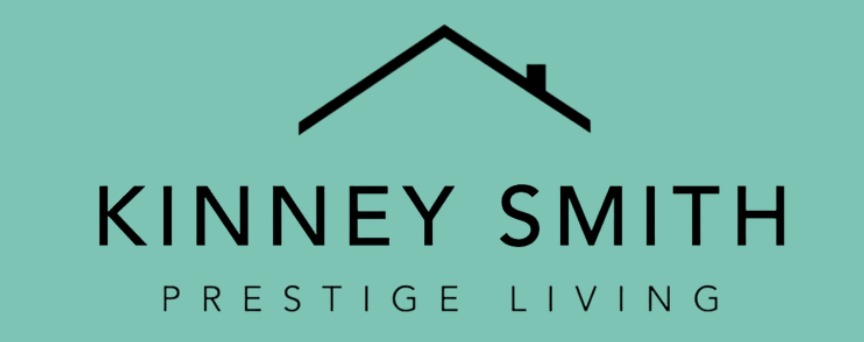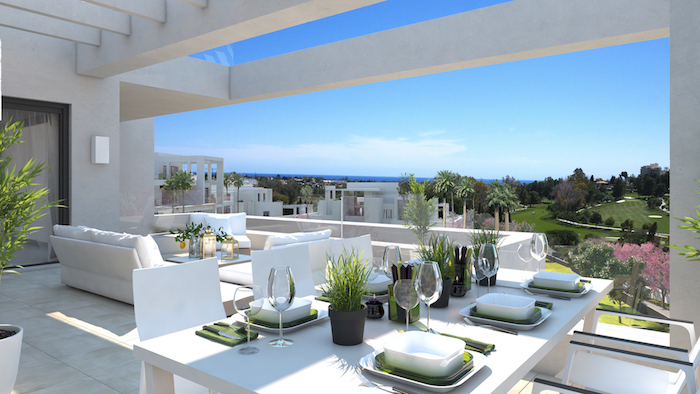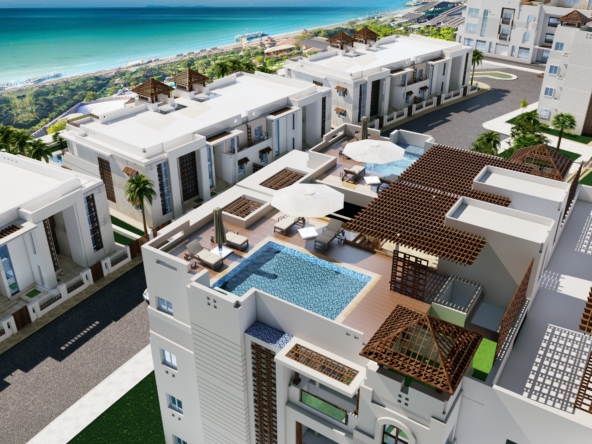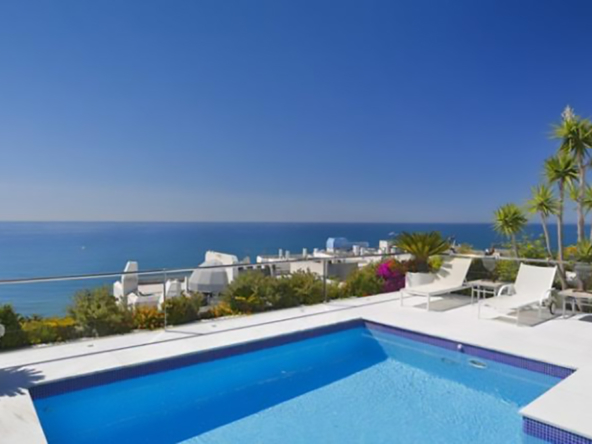FINDING A PROPERTY
 The Internet has become by far the most useful tool for those looking to buy properties and a net-based property search is usually the first step taken by any potential buyer. But, is it the right second step, once one sees a few desirable properties on several sites, to contact and make appointments with all the agents offering those properties, agents you don’t know or may not have even heard anything about, some of whom do not even identify themselves correctly on their sites?
The Internet has become by far the most useful tool for those looking to buy properties and a net-based property search is usually the first step taken by any potential buyer. But, is it the right second step, once one sees a few desirable properties on several sites, to contact and make appointments with all the agents offering those properties, agents you don’t know or may not have even heard anything about, some of whom do not even identify themselves correctly on their sites?
Perhaps another option to consider, even while looking at everything on the net, might be to seek out as a first priority a really qualified, experienced agency to work with that has a large direct inventory of the kind of property you are looking for. There are several great agents in Marbella to choose from, many who have outstanding credentials, long experience, excellent product and area knowledge, and adhere strictly to the agents’ code of ethics. Additionally, choosing such an agent will assure that they pull out all the stops to spend plenty of time with you to get to know you and your special requirements as well as possible, sharing with you their market knowledge and recent comparable sales actually made, and who will eventually find just the right property for you. If it’s not in their own inventory they will go out and find that special property through their colleagues in other agencies on a commission-sharing basis.
CHOOSING A LAWYER
Panorama always recommends that purchasers of property in Spain retain a qualified solicitor to represent them and qualified financial advisors to deal with tax issues. Once you have made a decision to purchase property here, even though you may not have found that special property yet, establishing a relationship while you are in Marbella can be immensely useful if you start negotiating a purchase after returning to your country of residence, as it is clearly more difficult to choose a lawyer long distance.
GETTING THE BASICS INTO PLACE
Having a lawyer, NIE number (a number issued to foreigners in Spain) in place, and bank account opened strengthens a buyer’s position when negotiating as he or she can put down an immediate deposit if an offer is accepted, since all the other details will have been taken care of already.
| TRANSFER TAX (I.T.P)Payable by the buyer for the purchase of any Real Estate (villas, flats, land, commercial premises, garages), provided the vendor is not a developer or normally trading in the business of resale properties. If the “minimum fiscal value” of the property as per the Regional Government, is greater than the price, then the minimum fiscal valuation applies: 8% is applicable up to the amount of 400,000€ or 30,000€ in the case of garages except those belonging to the dwelling and with a maximum of two; 9% is applicable to the amount between 400,000€ and 700,000€ or between 30,000€ and 50,000€ for garages; 10% is applicable to the amount exceeding 700,000€ or 50,000€ for garages. | Scaled at8%9%
10% |
|
VAT AND STAMP DUTY
|
10 % + 1.5%
21% + 1.5% |
|
| NOTARY AND PROPERTY REGISTRY FEES The cost increases according to the number of pages or complexity of the title deed, and value of the property. | +/- € 3,000 | |
| MUNICIPAL ADDED VALUE TAX (PLUS VALÍA)This can be as little as a few hundred Euros or as much as many thousands of Euros on a property with a lot of land that has not changed hands in many years. It is a tax by the town hall based upon the increase in the index value of a property between the year of purchase to the year of sale. This tax corresponds, by its nature, to the vendor who is responsible for its payment, unless otherwise negotiated. | ||
| LAWYER’S FEESThese are in the order of 1% of the selling price, more or less, depending on the lawyer and the price of the property. | 1% | |
SUMMARY
The total official costs involved in purchasing a constructed residential property should be around 10-11% for resale properties or around 12% for new properties if VAT is paid on the purchase price, plus lawyer’s fees.
NEGOTIATING A PURCHASE
 A good agent will also be immensely helpful to you in negotiating the purchase of a property you are interested in buying. It is important to remember that if your offer is too low it will not engage the interest of the seller, and might actually prove counter-productive.
A good agent will also be immensely helpful to you in negotiating the purchase of a property you are interested in buying. It is important to remember that if your offer is too low it will not engage the interest of the seller, and might actually prove counter-productive.
An articulate offer will generally capture the attention of a vendor. We recommend getting all your points together, rather than negotiating “piece meal.” Make your offer in writing if possible (of course, subject to contract). Points to include are not only the price, but also the deposit amount and when you are prepared to pay it, when you are prepared to complete the transaction, what you understand to be included in the price (for example furniture and fittings if applicable), and an often neglected point – that all technical equipment and installations should be in good working order. Also, if you have a second choice property you should certainly advise the vendor of this fact.
Your lawyer can also be consulted during the negotiation to ensure that the terms of the offer meets his or her legal criteria, and on occasion will also become actively involved in more complex negotiations.
THE PURCHASING PROCESS
Actually purchasing a property in Spain is a relatively straightforward procedure. The “last word” in property ownership is the property registry, which will show immediately if the seller owns the property free of liens and encumbrances. Most frequently, unless an immediate payment of the full purchase price is made, a private contract of purchase is drawn up wherein the details of the purchase are reflected – the legal description of the property, purchase price, form of payment, date of completion, date of possession, etc. Upon signing the private contract, a payment on account of the purchase price is always made which can vary substantially according to the terms of the sale and the date of completion. A quite normal deposit for completion within 30 to 60 days would be 10% of the agreed purchase price.
New properties which are unfinished obviously are paid for over the construction period, and all payments on account before finishing must be guaranteed, according to LAW 38/1999, by a bank or insurance company: if the property is not finished by a certain date, a purchaser has the right to reclaim the monies paid, plus legal interests. Additionally, another law obliges the property developer to arrange a ten year insurance policy with respect to any basic building defects with the purchasers as beneficiaries.
When the entire purchase price is paid for the property, the seller will issue the public deed of conveyance (escritura) to the purchaser, free of liens and encumbrances. This deed is issued before a Spanish Notary, is passed from the notary to the tax office to be assessed for Transfer Tax if the property is a resale or second hand property, or assessed for Stamp Duty if the property is sold directly by the developer. It’s then presented to the Property Registry for inscription. A provisional inscription in the registry is made immediately upon issuance of the deeds.




